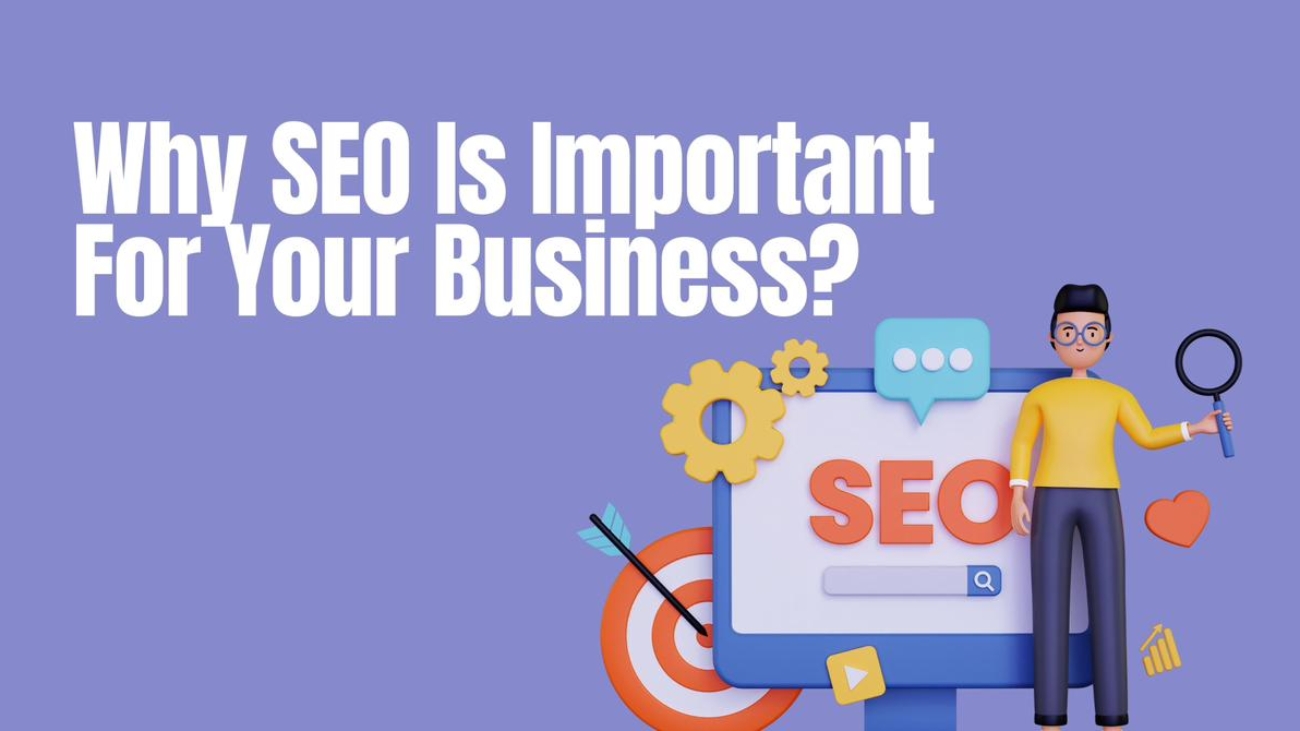Welcome to the best SEO guide for Beginners! In the ever-expanding digital world, having a strong online presence is essential for businesses of all sizes. One of the most effective ways to increase your website’s visibility and attract organic traffic is through SEO (Search Engine Optimization). SEO is the practice of optimizing your website to rank higher in search engine results, ensuring that your target audience can find you easily. If you’re new to SEO, this comprehensive SEO guide for beginners will provide you with the knowledge and tools you need to navigate the world of search engine optimization and set your website up for success.

Understanding the Basics of SEO

Before diving into the intricacies of SEO guide for beginners, it’s crucial to understand its core principles. At its essence, SEO revolves around search engines like Google, Bing, and Yahoo. These search engines use complex algorithms to analyze and evaluate websites based on various factors such as relevance, authority, and user experience. By optimizing your website according to these algorithms, you can increase its visibility and rank higher in search results.
Keywords play a vital role in SEO. These are the words and phrases that users enter into search engines when looking for information. Keyword research involves identifying the most relevant and valuable keywords for your business. Tools like Google Keyword Planner can help you discover popular and relevant keywords related to your industry.
Once you have identified your target keywords, you can strategically incorporate them into your website’s content, headings, titles, meta descriptions, and URLs. This helps search engines understand the relevance of your website to specific search queries
On-Page Optimization Techniques

On-page optimization focuses on optimizing individual web pages to improve their search engine rankings. This includes optimizing elements such as titles, headings, URLs, meta tags, and content.
First and foremost, your page titles should be concise, descriptive, and contain relevant keywords. They act as a concise summary of your page’s content and give search engines an idea of what to expect.
Headings (H1, H2, H3, etc.) help structure your content and make it more readable for both users and search engines. Include relevant keywords in your headings to signal the topic of each section.
URL optimization involves creating clean, readable URLs that include relevant keywords. A URL like “yourwebsite.com/seo-guide-for-beginners” is more user-friendly and informative than “yourwebsite.com/page123.”
Meta tags, including meta descriptions and meta keywords, provide brief summaries of your page’s content. They appear in search engine results, giving users a preview of what your page offers. Craft compelling meta descriptions that entice users to click through to your website.
When it comes to content optimization, ensure that your content is informative, engaging, and relevant to your target audience. Incorporate your target keywords naturally, without keyword stuffing. Aim to provide valuable information that answers users’ questions and satisfies their search intent.
Technical SEO Considerations
Technical SEO focuses on optimizing the technical aspects of your website to improve its crawling, indexing, and overall performance.
Website speed is a crucial factor in both user experience and search engine rankings. Ensure that your website loads quickly by optimizing image sizes, minifying code, and leveraging caching techniques.
Mobile-friendliness is another critical aspect of technical SEO. With the majority of internet users accessing websites on mobile devices, search engines prioritize mobile-responsive websites. Use responsive design techniques to ensure your website looks and functions well on different devices.
Site structure and navigation impact how search engines understand and index your website. Create a logical hierarchy with clear categories and subcategories. Use internal linking to guide users and search engines to relevant pages.
XML sitemaps help search engines crawl and index your website more efficiently. Create and submit an XML sitemap to search engines to ensure all your pages are discovered and indexed.
Building High-Quality Backlinks
In this SEO guide for Beginners, backlinks are also discussed, Backlinks, or inbound links, are links from other websites that point to your site. They are like votes of confidence, indicating to search engines that your website is reputable and trustworthy.
Building high-quality backlinks is a crucial aspect of off-page SEO. Focus on acquiring backlinks from relevant and authoritative websites within your industry. These backlinks carry more weight and can significantly impact your search engine rankings.
One effective way to acquire backlinks is through guest blogging. Write informative and valuable content for other websites, and include a link back to your site in your author bio or within the content itself.
Engaging with industry influencers and thought leaders can also lead to valuable backlinks. By building relationships and offering insights, you can attract attention and potentially earn links from authoritative websites.
Participating in online communities and forums related to your industry can also help you acquire backlinks. Be an active and helpful contributor, and when appropriate, share links to relevant content on your website.
Avoid spammy tactics like buying backlinks, as they can lead to penalties from search engines. Focus on creating high-quality content that naturally attracts backlinks over time.
Measuring and Monitoring SEO Success

Measuring and monitoring your SEO efforts is crucial to understanding their effectiveness and making informed decisions.
Google Analytics is a powerful tool that provides valuable insights into your website’s performance. It tracks metrics such as organic traffic, user behavior, bounce rates, and conversions. Set up Google Analytics for your website and regularly review its reports to gain insights and identify areas for improvement.
Google Search Console is another valuable tool that allows you to monitor your website’s presence in search results. It provides data on your website’s indexing status, search queries, and backlinks. Monitor your website’s performance in Search Console and address any issues or errors that may arise.
Regularly track your keyword rankings to gauge the effectiveness of your SEO efforts. There are various keyword tracking tools available that can provide you with up-to-date ranking data.
Competitor analysis is also important. Monitor your competitors’ websites, keywords, and strategies to identify opportunities and stay ahead in your industry.
Conclusion
Congratulations! You’ve made it through this SEO guide for beginners. By understanding the basics, conducting thorough keyword research, optimizing your website, building high-quality backlinks, and monitoring your progress, you are well-equipped to embark on your SEO journey.
Remember, SEO is an ongoing process. Stay up to date with industry trends, algorithm changes, and new optimization techniques. Continuously analyze and improve your website’s performance based on data and insights.
Be patient and persistent, as SEO results take time to materialize. Focus on creating valuable, user-friendly content that aligns with search intent and provides a great user experience. With dedication and the knowledge gained from this guide, you can unlock the power of SEO and enjoy the benefits of increased visibility, organic traffic, and business growth.





